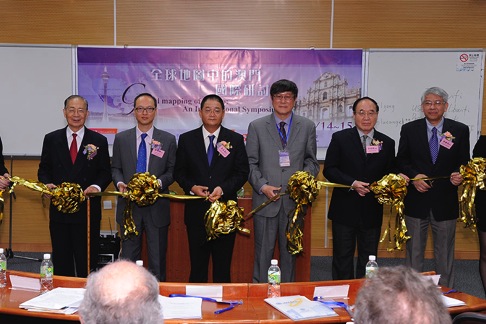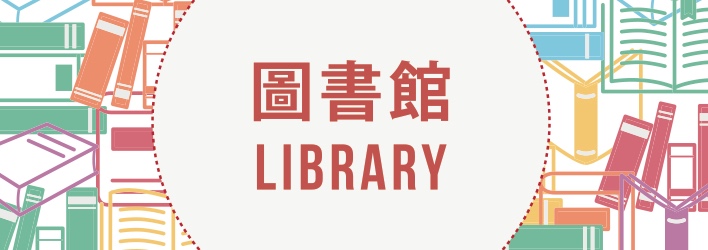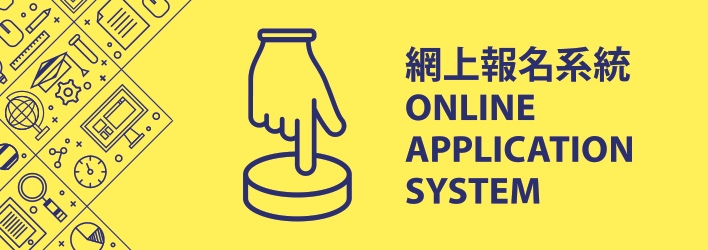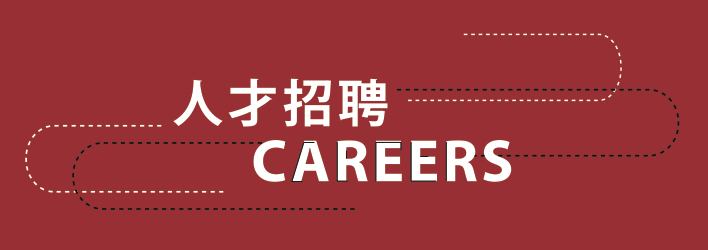On the 14th of this month, hosted by Macau University of Science and Technology and sponsored by Macao Foundation and Macao Tertiary Education Services Office, the Opening Ceremony of International Symposium: Global Mapping of Macao was successfully held at Macau University of Science and Technology Library. The Guests of Honor, Dr. Wu Zhiliang, President of the Broad of Directors of Macao Foundation, Mr. Sou Chio Fai, Director of the Macao Tertiary Education Services Office, Dr. Dongfang Shao, Chief of the Asian Division of the Library of Congress, Professor Ligao Zhou, Chairman of the University Council,Macau University of Science and Technology, Professor Aoao Xu, Advisor to University Chancellor and Professor Shuguang Zhang, Standing Vice President on the day of the event officiated at the Opening Ceremony.
At the Opening Ceremony, Macau Foundation and Macau University of Science and Technology leveraged the occasion to sign the Cooperation Agreement with regard to the organization of historical map resources, an important component of Macau Memory, aiming to build resource sharing and to provide residents in Macau with research materials, through active attempts from both sides on the effective collection of historical maps scattered across the world, integration of Macau’s historical and cultural resources, preservation of Macau’s local history, and promotion of the collection and organization of historical maps of the Macau Memory project.
Mr. Sou Chio Fai, Director of Macao Tertiary Education Services Office, in his opening address, pointed out that given that Macao is rather a single-product economy, many tourists have the impression that Macao has only entertainment establishments and local residents are not sufficiently conscious that Macao is a city with a great history. Not only do maps constitute great educational tools to help the young generation increase their knowledge of Macao and develop a deeper understanding of its rich history but also provide specialists and scholars with excellent resources to study this period of history. The rise of the Greater China represents promising opportunities but also creates new challenges: whether lessons can be drawn and wisdom can be attained from experience and history and whether answers can be found in Macao’s history requires endeavors from both our scholars and the Community.
Professor Zhang Shuguang, Standing Vice President of the Macau University of Science and Technology, in his welcome address, stated that Macao had been an important center for Sino-Western cultural exchange from the 16th century to the 19th century and enjoys a great reputation for its historical and cultural heritage. It is regrettable that due to various reasons maps related to Macao are scattering all over the world, involving numerous countries across the world. Researchers have to travel overseas in order to undertake thorough research on these documents, which is truly inconvenient. Embracing the perspective of a global history the Macau University of Science and Technology plans to collect historical maps related to the study of Macao from countries and regions other than Macao and to organize, explore, safeguard, preserve and do research on them in the coming several years. The ultimate goal is to allow scholars to study these rare documents in one place and in a more convenient fashion, build a documentation basis for the advancement of “Macaology,” and empower the young generation to develop a better understanding of Macao and its glorious past.
During the two-day Symposium held on the 14th and 15th, centering the conversation on the themes such as global mapping of Macao, maps and Sino-Western cultural exchange, religion and historical maps, and the building of map resources and collaboration on the use of these resources, scholars and experts committed to the study of Sino-Western cultural exchange, research of historical maps and documentation exchanged their views and discussed potential opportunities of future collaboration.
Symposium attendees include more than fifty experts and scholars from China and overseas, representing internationally known universities and libraries such as the Library of Congress of United States, the Vatican Apostolic Library, Harvard University, Stanford University, University of Maryland, Kent State University, Peking University, National Taiwan University, Fudan University, City University of Hong Kong, Sun Yat-Sen University, Xiamen University, East China Normal University, Jinan University, Ningbo University, Macau University and Macau Central Library.






